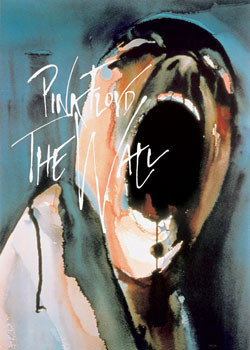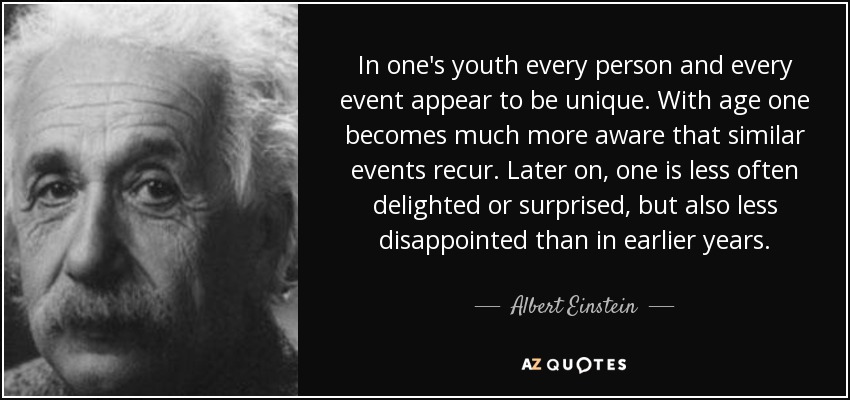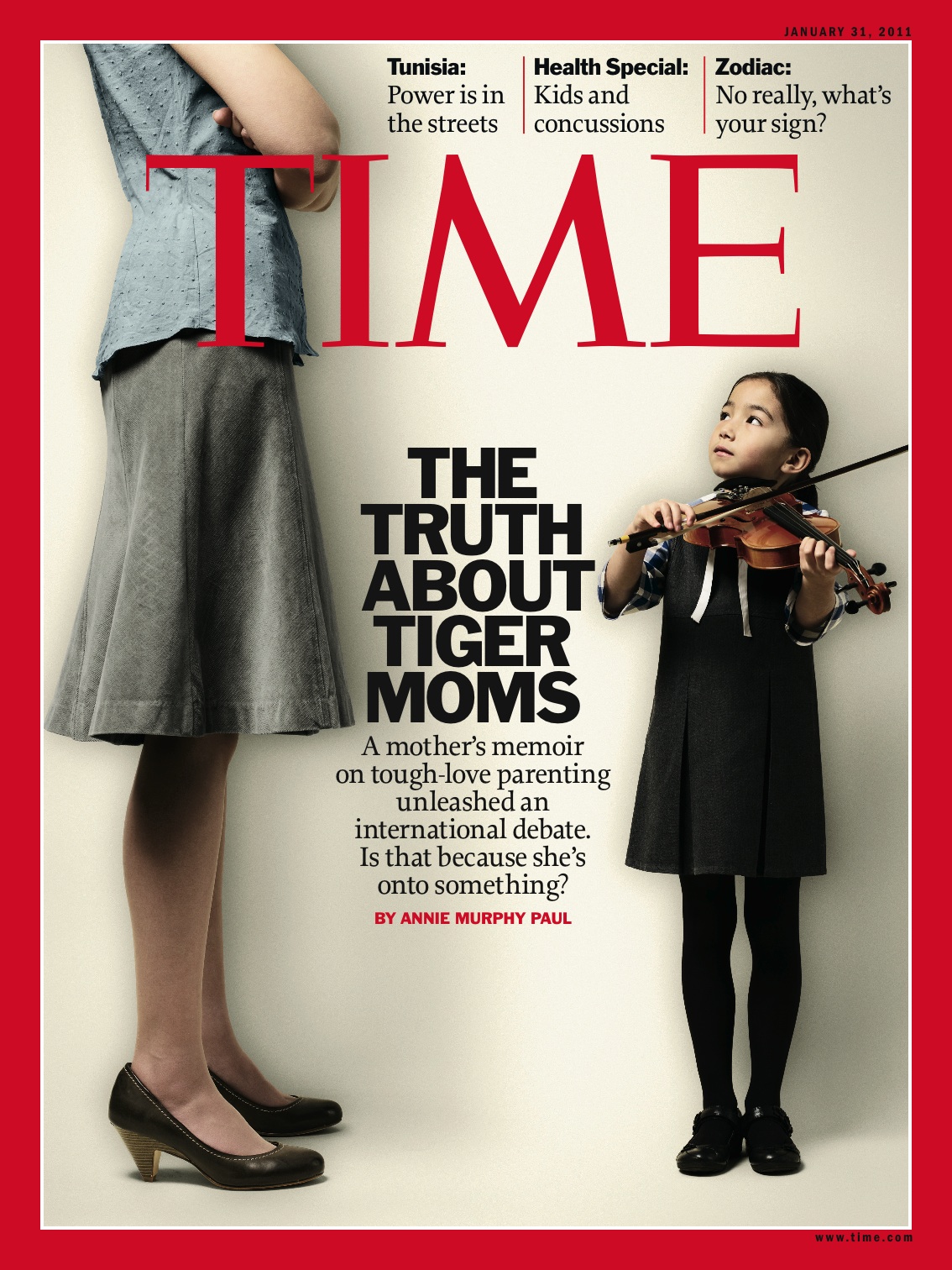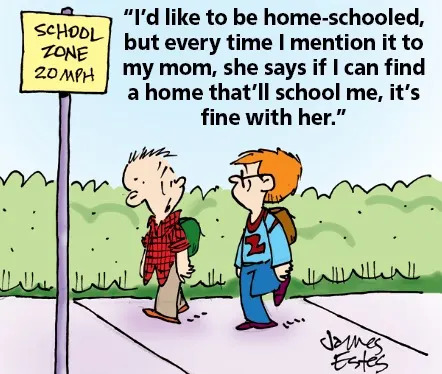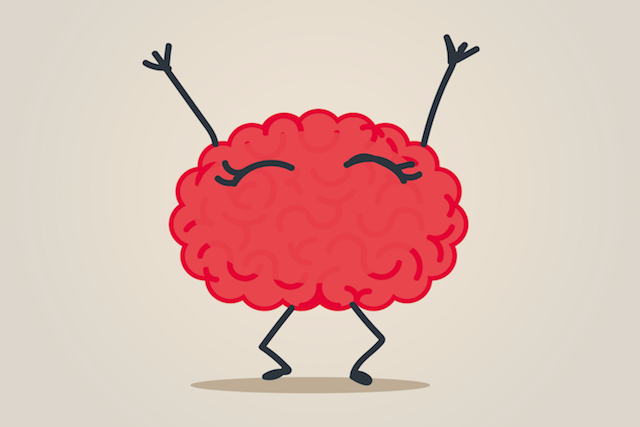My husband was a Boy Scout. The Scouts aim is to help people aged 4-25 develop skills for life. Founded in 1908, their motto is "Be prepared"
https://www.scouts.org.uk/about-us/strategy/
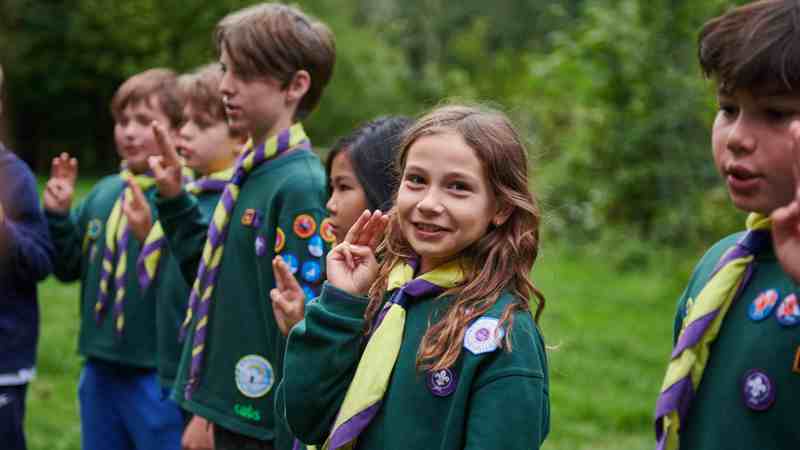
It isn't a bad motto for all of us to follow in the current unstable world. In order to be prepared, you have to have some idea what you need to be prepared for. Because our world is so volatile, that isn't at all easy. There are things that are known & things that are unknown, both in the macro & micro.
I know that I am ageing, so I can be prepared for the known fact that I will die. However, I don't know how, so the possibilities are quite wide. I can't be prepared for all of them - an accident for example. I can be prepared by leaving my life in order. Not hoarding, having a will & LPA's.....
I also know that we are in a climate emergency that threatens the existance of many species, including humanity. I can do as much as I can to mitigate my contribution to carbon emissions & try to live sustainably. I won't join the bunker mentality by living off grid. I don't feel that my individual life is that important.
Regarding big political decisions I have a vote & hopefully use it wisely. But politicians are possibly the least prepared people to make important decisions. They are short termist. They only think as far as the next election & trying to stay in power. Many become ministers with little or no experience, expertise or skills to bring to their position. They have to rely on the advice of civil servants, advisors & lobbyists. It's a deeply flawed system. They may only be in their position for a short time & then are moved on. "Churn" is a problem.
Many chickens are coming home to roost in the UK, where decisions have been made which have had disastrous consequences. There are numerous commissions looking into the results of poor planning, short termism, protectionism....We do not have a Forward Planning Ministry set up to draw together all the information looking into future consequences, which is needed to make good decisions.
We are not prepared. So we suffer very poor outcomes which harm people, cost vast amounts of money & often take up years of time. We end up simply fire fighting because we weren't prepared. It is possible to give people the skills needed to be prepared. We just don't do it.



